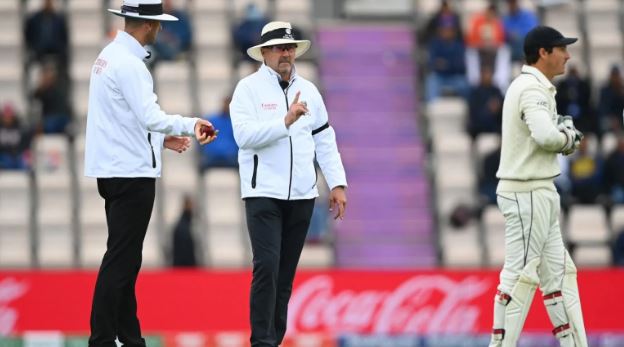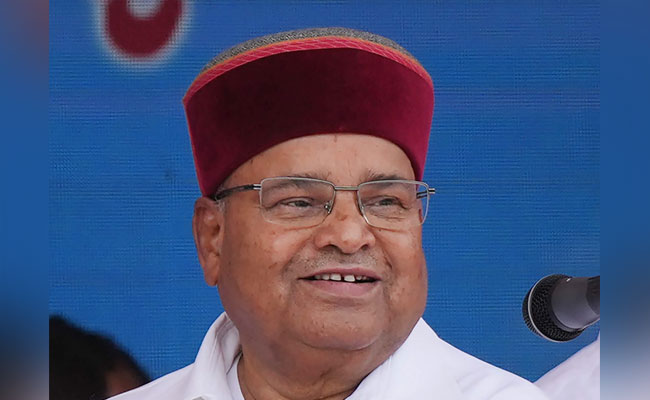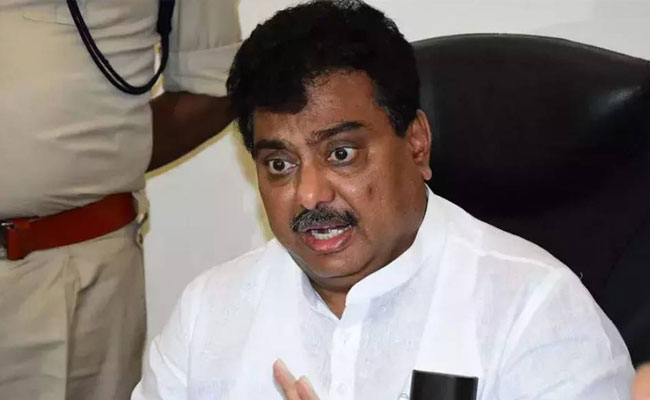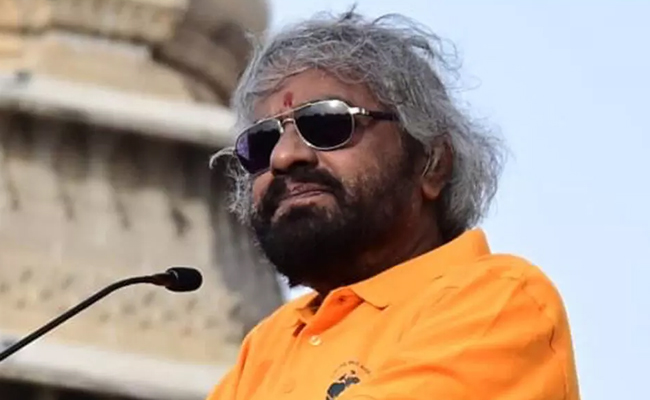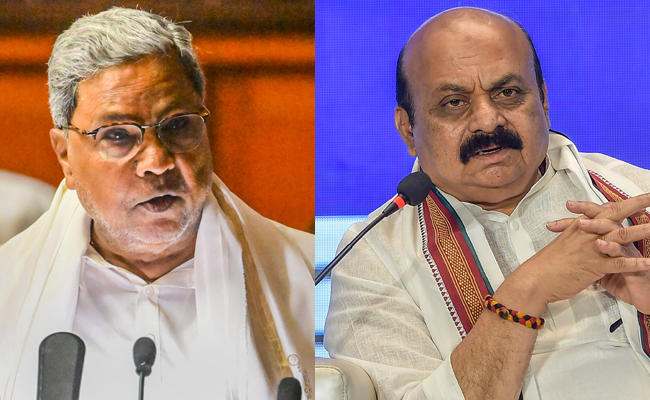Dubai, May 15: The ICC has decided to do away with the contentious 'soft signal' by on-field officials, which had often been criticised by experts as it is believed to have created more confusion for TV umpires after a decision was referred upstairs.
The 'soft signal' was used to determine the validity of catches taken inches off the ground, which couldn't necessarily be confirmed through naked eye.
According to ICC rules, a "soft signal is the visual communication by the bowler's end umpire to the third umpire (accompanied by additional information via two-way radio where necessary) of his/her initial on-field decision prior to initiating an Umpire Review."
Till now the on-field umpire would either signal 'out' or 'not out' based on their gut feeling. And the third umpire was compelled to go by 'soft signal' as most of the footages proved to be inconclusive.
The ICC announced changes to the 'playing conditions' after the CEC approved the recommendations from the men's cricket committee led by Sourav Ganguly and the women's cricket committee.
"The major change involved the soft signal being scrapped, with umpires no longer required to give a soft signal when referring decisions to the TV umpire. The on-field umpires will consult with the TV umpire before any decisions are taken," the ICC said.
Former India captain Ganguly said: "Soft signals have been discussed at previous cricket committee meetings over the last couple of years. The committee deliberated this at length and concluded that soft signals were unnecessary and at times confusing since referrals of catches may seem inconclusive in replays."
The other big announcement involved making helmets mandatory for high-risk positions. Compulsory use of helmets will be for the following: when batters are facing fast bowlers, when wicketkeepers are standing up to the stumps, when fielders are close to the batter in front of the wicket.
"We also discussed player safety, which is very important for us," Ganguly said.
"The committee decided that it was best to make the use of helmets mandatory in certain positions to ensure the safety of players."
New 'free hit rule'
There was also a minor addition to the free hit rule with any runs scored off a free hit when the ball hits the stumps will be counted as runs scored from now. This would mean that batters can now be bowled off a free hit and attempt a run for the same.
The changes will come into effect on June 1, 2023 with the Lord's Test between England and Ireland, a four-day one-off match.
The following World Test Championship final between India and Australia, starting June 7, will also follow these new playing conditions.
Let the Truth be known. If you read VB and like VB, please be a VB Supporter and Help us deliver the Truth to one and all.
Bengaluru: Governor Thaawarchand Gehlot has given assent to the ‘Karnataka Scheduled Castes (Sub-Classification) Bill-2025’, which had been pending for several days. With this, the process of recruitment to various government posts is expected to begin soon.
The Bill had earlier been kept pending by the Governor due to differences and concerns raised over the distribution of internal reservation among sub-groups within the Scheduled Castes.
In the meantime, a delegation led by Social Welfare Minister Dr H.C. Mahadevappa, along with ministers K.H. Muniyappa, Dr G. Parameshwara, R.B. Thimmapur, Priyank Kharge and Satish Jarkiholi, met the Governor and requested him to grant assent to the Bill.
During the discussions, they also referred to the protests by job aspirants in Dharwad demanding that recruitment be initiated. Following this, the Governor signed the ‘Karnataka Scheduled Castes (Sub-Classification) Bill-2025’. The government is now likely to commence recruitment procedures shortly.
The Bill relating to internal reservation among Scheduled Castes was introduced and passed on December 19 during the winter session held at Suvarna Vidhana Soudha in Belagavi. It was then sent to the Governor for assent.
Earlier, the Governor had returned the Bill to the government seeking clarifications, which temporarily delayed the implementation of internal reservation.
As per the recommendations of the Justice Nagamohan Das Commission, quota distribution has been fixed at 6 per cent for Left-Hand sub-groups, 6 per cent for Right-Hand sub-groups, and 5 per cent for other sub-groups including Koracha, Lambani and Bhovi.

